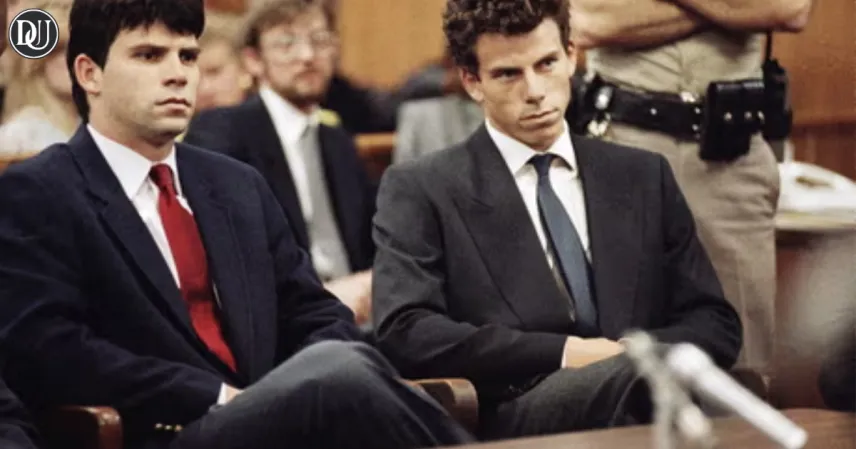In a landmark ruling, the Menendez brothers, Erik and Lyle, were resentenced on May 13, 2025, after serving over 30 years for the 1989 murders of their parents, Jose and Kitty Menendez. The Los Angeles County Superior Court, under Judge Michael Jesic, reduced their original life sentences without the possibility of parole to 50 years to life. This decision makes the Menendez brothers eligible for parole consideration under California's youthful offender law, which applies to individuals under the age of 26 at the time of their crime.
![]()
The resentencing hearing, which took place over two days, allowed the Menendez brothers to address the court. Both Erik and Lyle expressed deep remorse for their actions. Erik, in particular, conveyed the gravity of his crime, stating, "I fired all five rounds at my parents and went back to reload. I lied to police. I lied to my family. I'm truly sorry." Their statements of contrition were echoed by emotional testimonies from family members. Anamaria Baralt, their cousin, spoke passionately in their favor, explaining that the Menendez brothers had transformed during their time in prison and were no longer the same people they were at the time of the murders. Baralt also emphasized that many family members, particularly the Menendez brothers' elderly relatives, wanted to reunite with them before it was too late.
![]()
Despite the Menendez brothers' remorse, the prosecution voiced strong opposition to the resentencing. Los Angeles County District Attorney Nathan Hochman argued that the Menendez brothers had not fully accepted responsibility for their actions. He pointed to their past attempts to influence witness testimony as evidence that they had not demonstrated genuine remorse. This criticism was contested by the defense, which highlighted the significant personal growth the Menendez brothers had made during their decades-long incarceration. Their attorneys noted that the Menendez brothers had engaged in therapy, completed educational programs, and demonstrated good behavior while incarcerated.
Following the resentencing, the next step in the process is a parole hearing before the California state parole board, which will determine if the Menendez brothers should be released. While Judge Jesic's ruling makes the Menendez brothers eligible for parole, the final decision will be in the hands of the parole board, which will evaluate whether the Menendez brothers have been rehabilitated and whether their release poses a risk to public safety.
![]()
Governor Gavin Newsom has stated that he will not make a decision on clemency until the final parole hearing concludes. This decision by the court represents a significant turning point in a case that has been widely discussed and followed for decades. The Menendez brothers' trial, conviction, and subsequent legal battles have sparked debates about justice, accountability, and the possibility of redemption.
This ruling has brought renewed attention to the Menendez brothers' case, as many wonder whether the Menendez brothers, who killed their parents after years of alleged abuse, should be given a second chance after more than three decades in prison. The hearing and the ultimate parole decision will have lasting implications not only for the Menendez brothers but for the larger conversation on how the criminal justice system handles long sentences and the potential for rehabilitation.
In the coming months, the parole board will weigh the Menendez brothers' past actions, their current behavior, and the possibility of reintegration into society. The Menendez brothers' story continues to captivate the public, and the question of whether justice has been served remains as relevant as ever.










